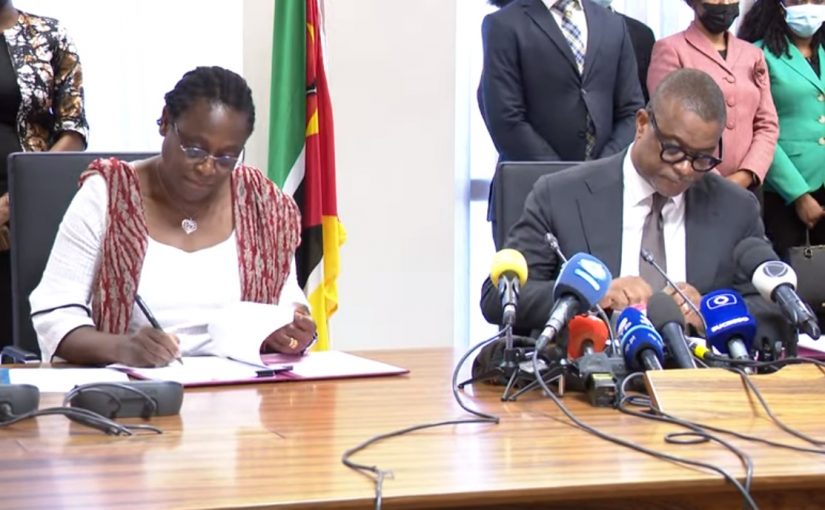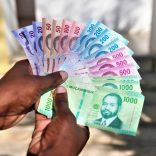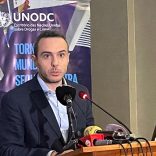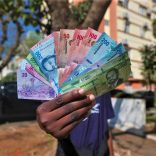Creation of the Mozambican currency symbolized rejection of "foreign domination" - President
Mozambique: World Bank formalises return to the State Budget – Watch

Photo: TVM
The World Bank, at a ceremony on Monday, in Maputo, formalized the resumption of direct support to the Mozambican State Budget, which had been interrupted in April 2016, when the true size of Mozambique’s “hidden debts” became public knowledge.
The term “hidden debts” refers to loans of over two billion US dollars obtained from the banks Credit Suisse and VTB of Russia by three fraudulent Mozambican companies, set up by the security service, SISE. The loans were only possible because the government of the day, under the then President Armando Guebuza, issued illicit loan guarantees, in violation of the 2013 and 2014 budget laws and of the Mozambican constitution.
Two of the three loans were kept secret, but in April 2016 they burst into the public domain, thanks to a detailed article in the “Wall Street Journal”. The International Monetary Fund (IMF) accused the government of concealing the true scale of its foreign debt and suspended its programme with Mozambique.
All 14 donors and funding agencies that provided direct budget support followed suit and suspended further disbursements. This cost Mozambique at least 400 million dollars a year and plunged the country into an immediate financial crisis.
Predictably, the three companies that took the loans speedily went bankrupt and were quite unable to repay. Because of the guarantees, the Mozambican state became liable to repay the entire amount. Thus, hidden loans were transformed into hidden debts.
Direct budget support depended on a Memorandum of Understanding signed between the government and the 14 donors, who were known as the “Programme Aid Partners” (PAPs). The hidden debts scandal destroyed that Memorandum and no new one has yet been drawn up.
Despite the scandal, the World Bank did not cut off aid to Mozambique. Funds continued to flow, but in the form of individual projects, rather than overarching progammes. Monday’s agreement, the State Budget Financing Resumption Agreement, signed by the Minister of Economy and Finance, Max Tonela, and the World Bank representative in Mozambique, Idah Riddihough, marks a return to programme aid.
Under the agreement, the World Bank has committed to disbursing 300 million dollars over the next three years to promote inclusive and sustainable economic recovery.
Tonela told the ceremony that this sum will finance infrastructure projects that will help boost the country’s economy, as well as improve the living conditions of the Mozambican population.
“In the social area, I highlight investment in the areas of health, education, and increased social protection, but also investment in sectors that will ensure the improvement of services to the population, such as access to energy and clean drinking water”, Tonela said.
The minister also said the World Bank is a very important partner for financing projects that leverage the country’s development “and that the Agreement signed today is the first of several operations of direct support to the [State] Budget.”
Along with the mobilization of external resources to finance the State Budget, the government’s perspective, according to Tonela, “is to continue working to implement reforms, to broaden the tax base to ensure the sustainability of the public accounts and provide more resources that will help expand the economy.”
For her part, the World Bank representative said that the budget support operation leverages and complements other projects and operations in Mozambique, including the reforms for greater transparency, as well as improving the business environment, the financial sector and public services, namely electricity and water.
“This operation is aligned with the government’s Five-Year Programme for 2020-2024 and the National Development Strategy (ENDE) for the period 2022-2032”, she said.
Watch the TVM report.












Leave a Reply
Be the First to Comment!
You must be logged in to post a comment.
You must be logged in to post a comment.